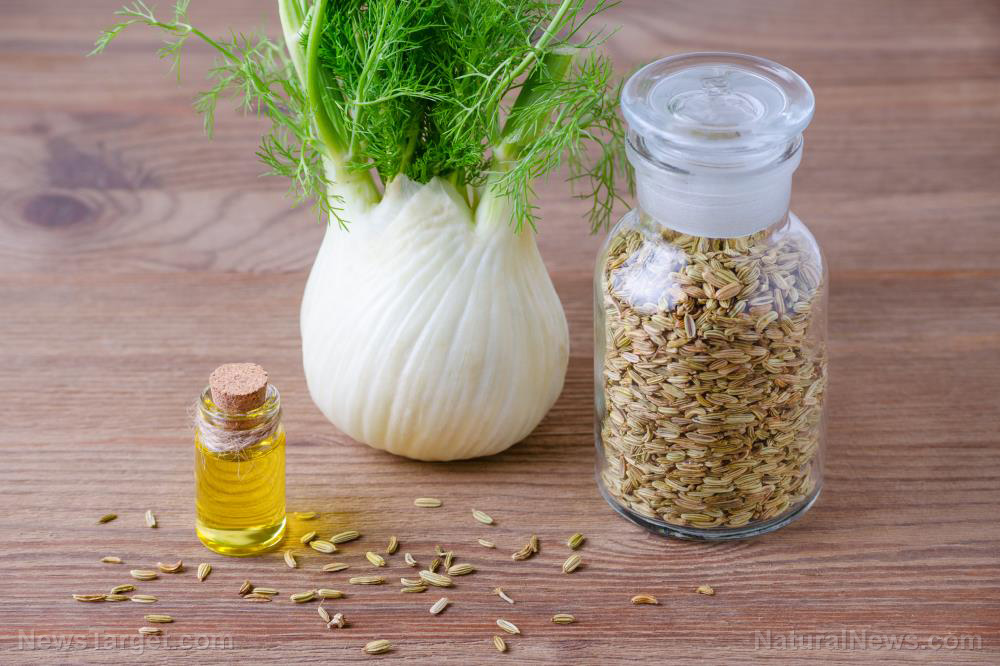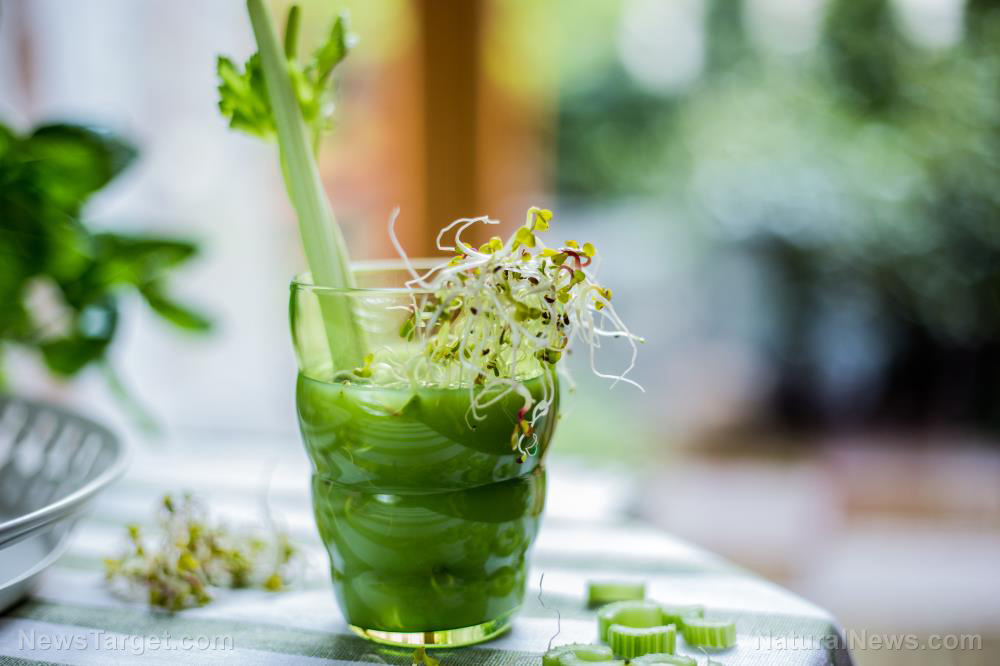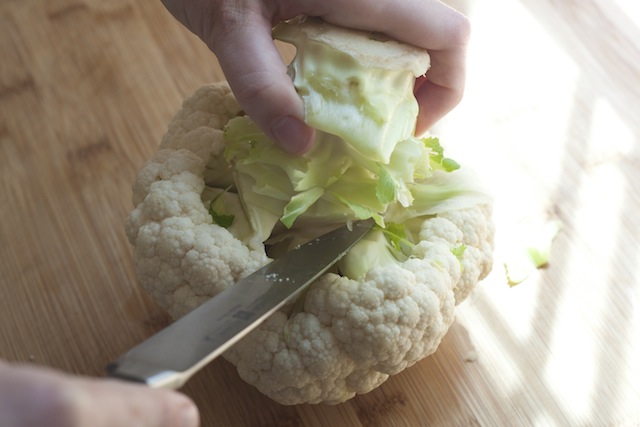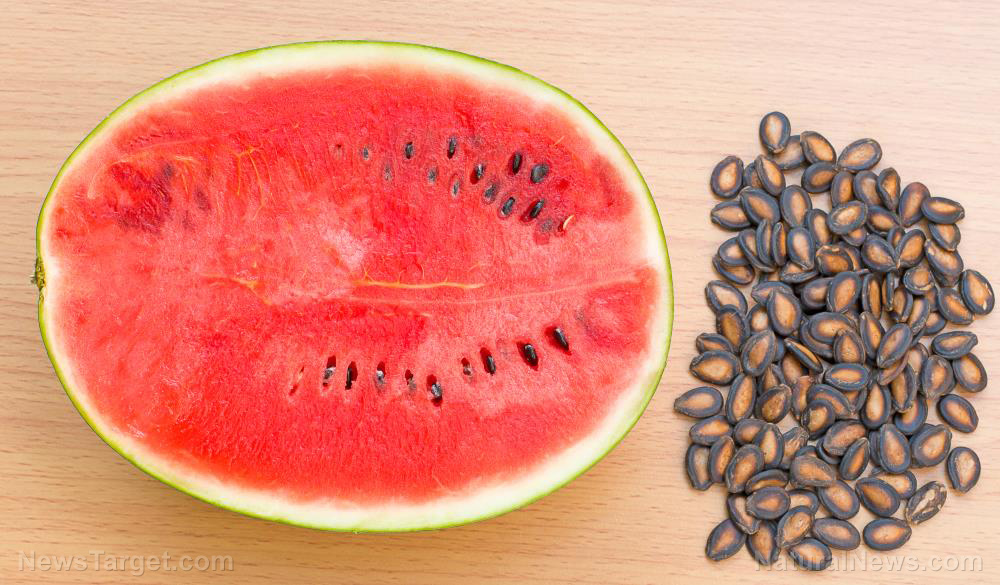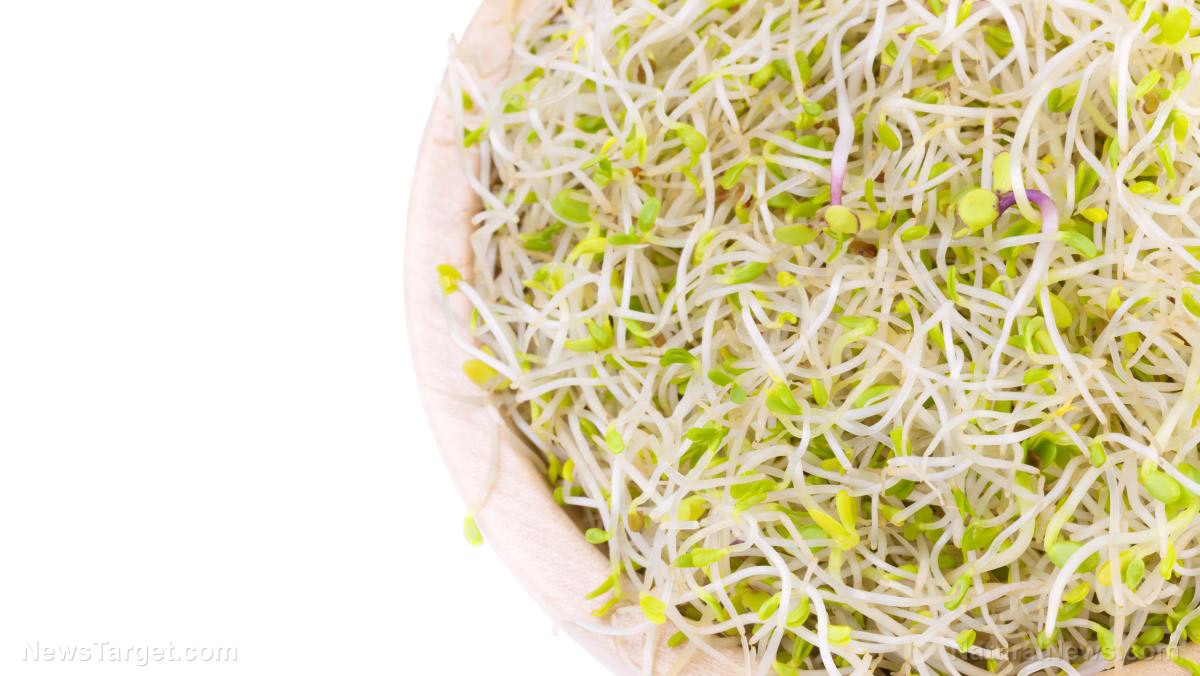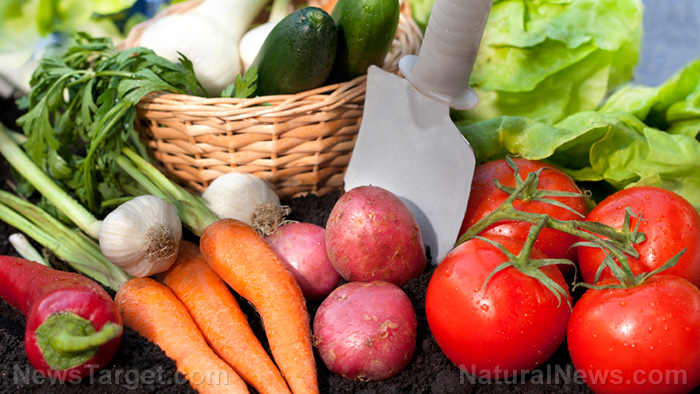Drain your grain consumption: What you need to know about a grain-free diet
07/22/2020 / By Divina Ramirez

Grains make up a large chunk of most people’s diets, but more and more health enthusiasts are beginning to cut out this major food group for a number of reasons, including grain allergies and food intolerances.
Health benefits of a grain-free diet
Grain-free diets can come off as being too limited for most dieters, but research finds that this diet could hold real benefits for people suffering from gastrointestinal conditions and other health complications.
In a recent article published online in EcoWatch, Netherlands-based registered dietitian Alina Petre shares some of the reported health benefits of adopting or transitioning to a grain-free diet:
- Protects against certain autoimmune conditions – Grain-free diets are best for people suffering from certain autoimmune diseases that restrict them from eating grains and grain products. Celiac disease, for instance, is an inherited intolerance to gluten, the protein found in grains. Celiac disease patients cannot eat gluten, as doing so triggers an immune response that damages the intestine and inhibits nutrient absorption.
- Fights inflammation – Grains are thought to cause inflammation in a similar manner that gluten does to those intolerant to it. In fact, grains are thought to be the root cause of a number of chronic conditions. Therefore, cutting back on grains might help reduce inflammation and keep it from recurring.
- Reduces calorie intake – Cutting back on grains reduces total calorie intake that, if maintained, can lead to weight loss and proper weight management.
- Regulates blood sugar – Diabetics and those at risk of the condition also stand to benefit from adopting a grain-free diet. Refined grains from processed bread, pasta and similar grain products can cause blood sugar to spike. Therefore, cutting back on these foods can result in better blood sugar control.
- Boosts mental health – Some studies found that gluten from grains and other gluten-containing products might raise the risk or trigger the onset of mental disorders like depression, autism and schizophrenia, but these require further research. (Related: Processed grains, white bread, pasta cause huge blood sugar spikes linked to depression.)
- Eases endometriosis-related pain – Gluten-free and grain-free diets might also help reduce pain due to endometriosis, a disorder that causes the tissue inside the uterus to grow outside of it.
- Treats symptoms of fibromyalgia – Recent studies also suggest that going grain-free can help reduce symptoms of fibromyalgia, a musculoskeletal disorder that causes pain, fatigue and sleep problems.
The dangers of going grain-free
Despite its reported health benefits, a grain-free diet also has its cons.
For instance, people on grain-free diets are more susceptible to bloating and constipation. This is because the fiber in grains helps add bulk to feces to make it easier to pass through the colon
To make up for the lack of fiber from grains, eat other fiber-rich, plant-based foods like fruits, nuts, legumes and seeds.
Grains are also a great source of essential nutrients, including iron, magnesium, phosphorus, manganese and selenium, among others. Not eating grains means missing out on these nutrients and, in turn, being more susceptible to nutrient deficiencies.
To make up for poor nutrient intake, take nutritional supplements or eat other non-grain food sources of nutrients found in grains.
In addition, grain-free diets can also be difficult to sustain in the long run because of its restrictions.
Tips for transitioning into a grain-free diet
Transitioning to a grain-free diet is easier than it sounds. For starters, get rid of all grains and and grain products.
Not all grain-free diets are alike, but some common prohibited foods on this diet include bread, bran, cornflour, rice, oats, cornmeal, sorghum and food products made from grains, such as beer and pasta.
That being said, grain-free diets do not bar pseudocereals like quinoa and amaranth. Despite offering more or less the same nutrients like grains and grain products, these foods are not classified as grains. Therefore, these foods can be a great substitute for grains.
Grain-free diets are also considered healthier than normal diets because of the reduced calorie intake. To make up for lost calories, eat more fruits, legumes and foods rich in starch, such as potatoes and squash, among other roots and tubers.
In addition, grain-free diets do not restrict the consumption of non-grain-based foods like eggs, meat, seeds, nuts and sugar, so go ahead and eat as much of these as needed.
That being said, proponents of grain-free diets discourage the consumption of processed foods like pastries, smoked meat and the like. If possible, limit eating these foods or get rid of them altogether.
Grain-free diets offer a host of health benefits, and transitioning to one is quite simple. That being said, it might not be the best diet for some people because of its potential health risks, so be sure to consult a healthcare professional before going grain-free.
Read more articles about the health benefits of grain-free diets and other healthful diets at Slender.news.
Sources include:
Tagged Under: alternative medicine, diet, digestive health, disease treatments, food cures, food is medicine, functional food, grain-free diet, natural cures, natural ingredients, natural medicine, nutrients, nutrition, organics
RECENT NEWS & ARTICLES
COPYRIGHT © 2017 FRESH NEWS


